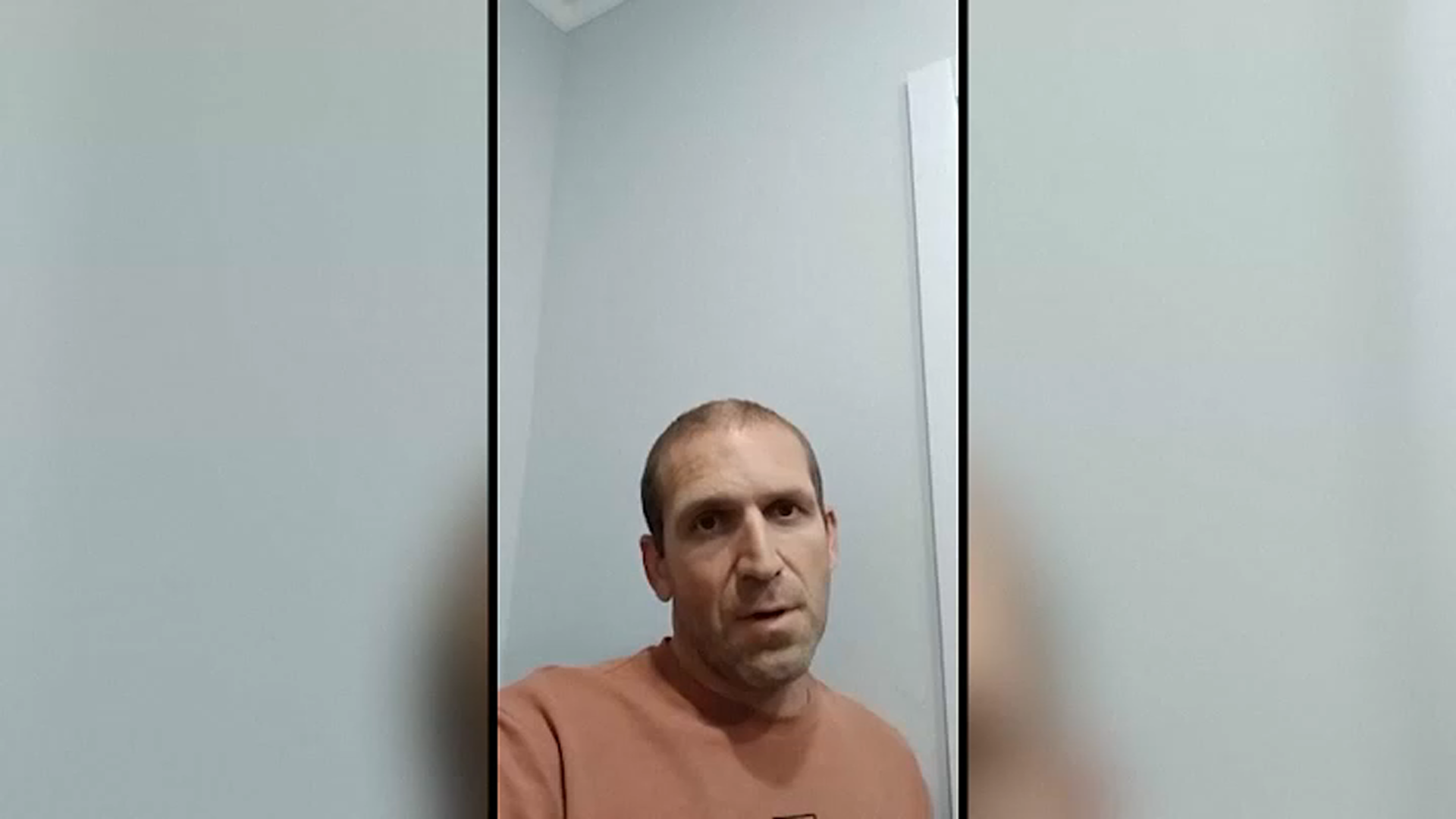Two high school class projects are now part of a law impacting public schools in Illinois.
Starting in 2026, HB4895 says, "every public high school shall include instruction on climate change and the impacts and causes of climate change in grades 9 through 12 in specified courses."
The instruction on climate change, "shall include, but not be limited to, identifying the environmental and ecological impacts of climate change on individuals and communities and evaluating solutions for addressing and mitigating the impact of climate change."
Iris Shadis-Greengas is one of two students from Naperville who helped author the bill alongside State Rep. Janet Yang Rohr.
"People are going to have access to education hopefully before they get access to misinformation."
Shadis-Greengas, a senior at Naperville Central High School, submitted her bill proposal as part of a capstone course. She was thrilled when Yang Rohr agreed to sponsor it.
"I was really happy," said Shadis-Greengas. "A bill that was written by a high schooler, I thought that was really cool a legislator would actually do that."
Local
At neighboring Nequa Valley High School, then-senior Grace Brady was working on a similar project.
"I was really interested in climate change education, so I started this research project asking how I could make climate change education better by looking at different, global models," said Brady.
Feeling out of the loop? We'll catch you up on the Chicago news you need to know. Sign up for the weekly> Chicago Catch-Up newsletter.
Brady is now a freshman at the University of Illinois- Urbana Champaign, studying climate policy.
"I think it's really important, that it's something that all students have access to at some point, because it's not just for people like me who are interested in going into a career of environmental policy or science."
Together with their state rep, Brady and Shadis-Greengas worked together to draft the bill into what's now a state law.
"It did get a lot of debate on the house floor. It was probably one of the more controversial bills to pass," said Rep. Yang Rohr.
"There’s no controversy in the science world. There shouldn't really have been in the Illinois House, but there was."
"The legislation makes sure that people know that it's happening, how it's happened and, most importantly, what they can do to make a change," said Yang Rohr.
"That means they understand what’s happening with 'green jobs.' These are the jobs that are highest paying, highest demand of the future. I think that’s a really important component of this bill too."
The teenagers were each inspired by science classes at their school. Brady also interned at a climate change solutions company in Naperville.
Although they had exposure to what they call the most pressing issue of their generation, they were concerned students elsewhere weren't getting the same access.
"My hope is with this bill, schools can implement this in different classes. It can be in a social studies class possibly or a science class. I think it’s important to talk about it in both because it’s that step of what are we going to do socially? You can’t just have the science," said Brady.
"There's so much misinformation everywhere. I really want people when they encounter these things to say, 'oh, well, in school I learned that this is the science. This is what’s correct.' They’ll be able to be mindful of the content they see and know that science is real."
Over the next year, the state Board of Education, alongside the Illinois Environmental Protection Agency, will build a curriculum and training for teachers.
The law takes effect in classrooms beginning in the 2026-27 school year.



